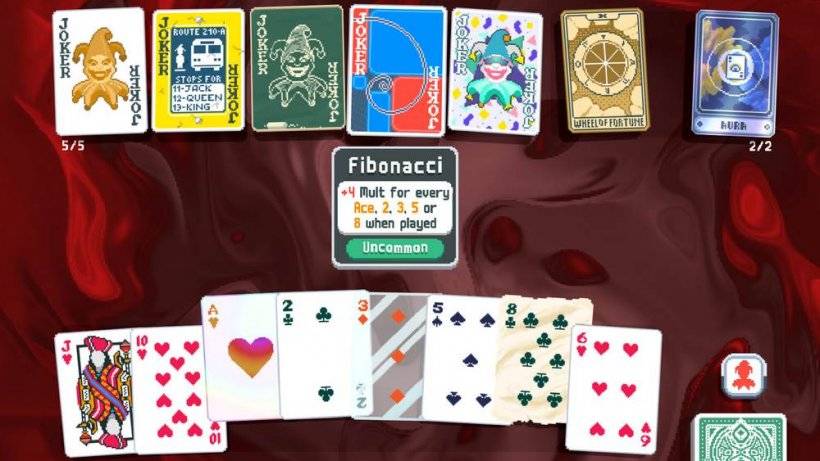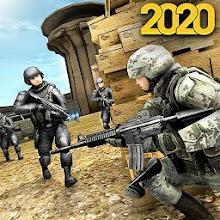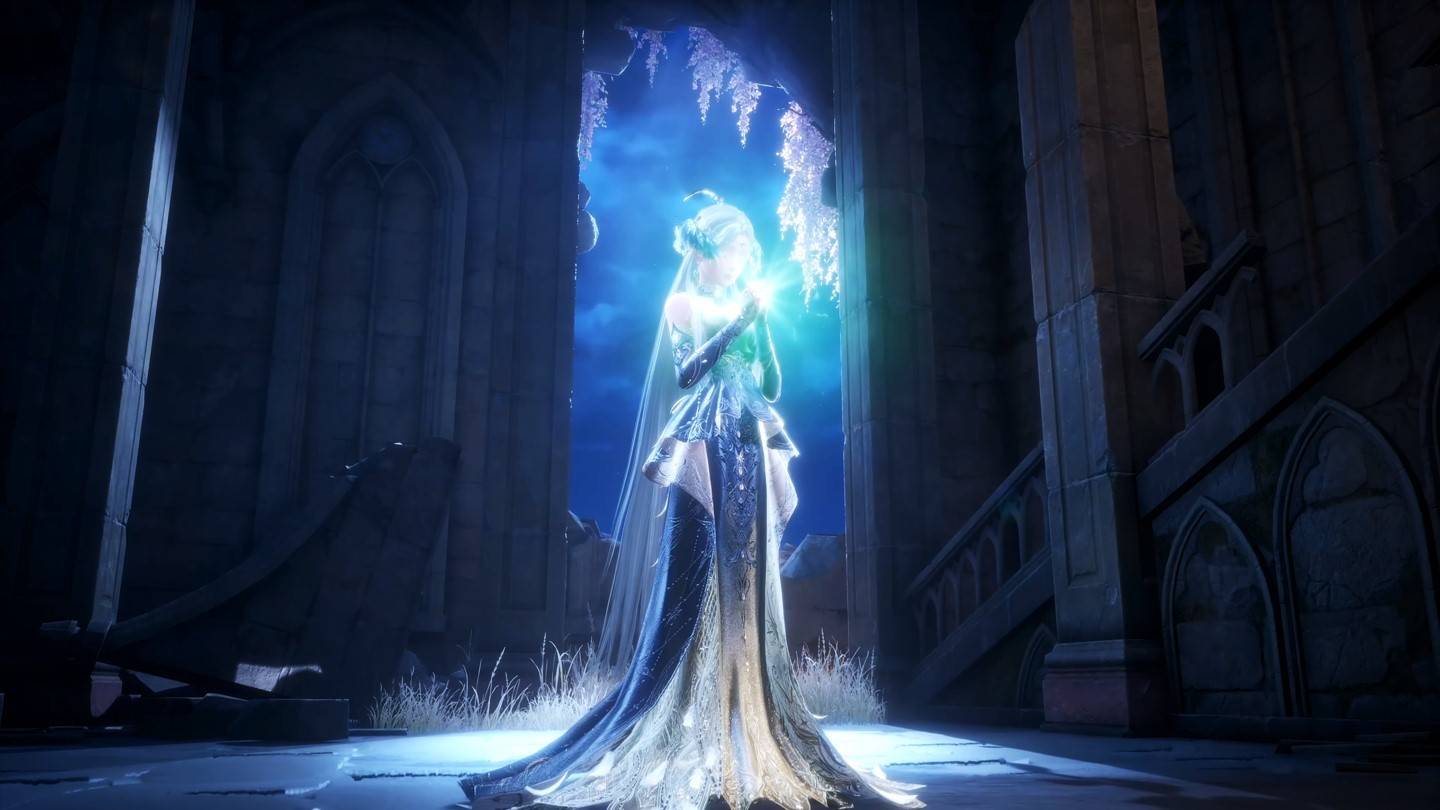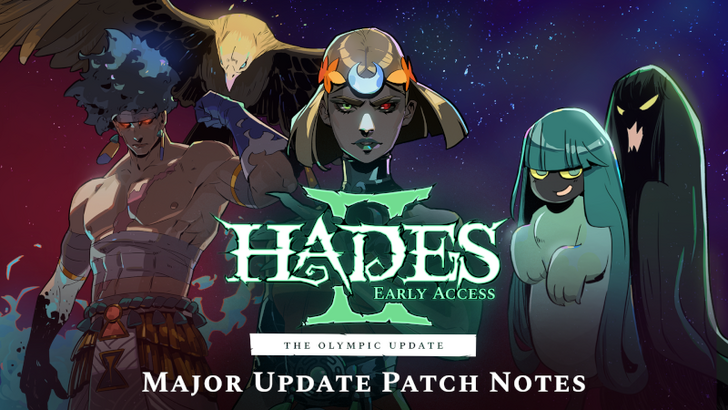Top mobile games of 2024: Iwan\'s picks, except it\'s mostly Balatro
It's year-end, and time for my "Game of the Year" selection: Balatro. While not my absolute favorite, its success warrants discussion.
By now (December 29th, assuming scheduled publication), Balatro's numerous accolades are likely familiar. It swept awards, including Indie and Mobile Game of the Year at The Game Awards and dual wins (Best Mobile Port and Best Digital Board Game) at the Pocket Gamer Awards. This small-scale success story, built by Jimbo, has garnered widespread praise.
However, its success has also sparked confusion and even anger. Comparisons between flashy gameplay trailers and Balatro's relatively simple visuals are common. Many are baffled by a straightforward deck-builder receiving so much recognition.
This, I believe, highlights why it's my GOTY pick. Before delving into that, here are a few honorable mentions:
Honorable Mentions:
- Vampire Survivors' Castlevania expansion: A long-awaited addition, featuring iconic Castlevania characters, finally lives up to the hype.
- Squid Game: Unleashed's free-to-play model: A potentially groundbreaking move by Netflix Games, suggesting a shift in monetization strategies to attract viewers.
- Watch Dogs: Truth's audio-only release: An unexpected but intriguing approach from Ubisoft, offering a unique way to experience the Watch Dogs universe.
A Balanced Perspective on Balatro:
My experience with Balatro is mixed. While undeniably engaging, I haven't mastered it. Its focus on meticulous deck optimization, involving detailed statistical comparisons, hasn't yielded many successful runs despite significant playtime.
Despite this, Balatro represents excellent value. It's simple, easily accessible, and not overly demanding. It's not my ultimate time-waster (that title belongs to Vampire Survivors), but it's a strong contender.
Its visuals are appealing, and gameplay is smooth. For a modest price, you get a captivating roguelike deck-builder suitable for public play (the poker element might even impress some!). LocalThunk's ability to elevate a simple format is commendable. The calming music and satisfying sound effects create an addictive loop, yet the game remains refreshingly unpretentious.
But why revisit this? For some, its appeal is apparently insufficient.

Beyond Simple Gameplay:
Balatro isn't the most controversial release this year (that might be Astrobot, ironically, given the self-importance often associated with such award shows). The reaction to Balatro's success is revealing.
Balatro is unapologetically "gamey" in design and execution. It's visually appealing without being overly complex or flashy, lacking the common "retro" aesthetic. It's not a cutting-edge tech demo; LocalThunk began development as a passion project, later recognizing its potential.
Many, both critics and the public, find Balatro's success perplexing. It's not a flashy gacha game, nor does it push mobile gaming boundaries. It's simply dismissed as "a card game."
However, it's a well-executed card game, offering a fresh take on the genre. Game quality should be measured by its design and execution, not solely by visual fidelity or other superficial elements.
Substance Over Style:
Balatro's success offers a valuable lesson: A multiplatform release doesn't require cross-platform features, cross-progression, or massive multiplayer gacha elements to succeed. Simplicity, well-executed design, and unique style can resonate with mobile, console, and PC players.
While not a massive financial success, given its likely low development costs, LocalThunk likely profited handsomely.
Balatro demonstrates that a simple, well-crafted game can triumph. It doesn't need to be a Genshin Impact-level production.

My personal struggle with Balatro also highlights its distinctive appeal. Some strive for perfect optimization; others, like myself, enjoy it as a relaxed pastime.
The takeaway? Success doesn't require cutting-edge graphics or complex mechanics. Sometimes, being a bit unconventional is the key.
Latest Articles






























